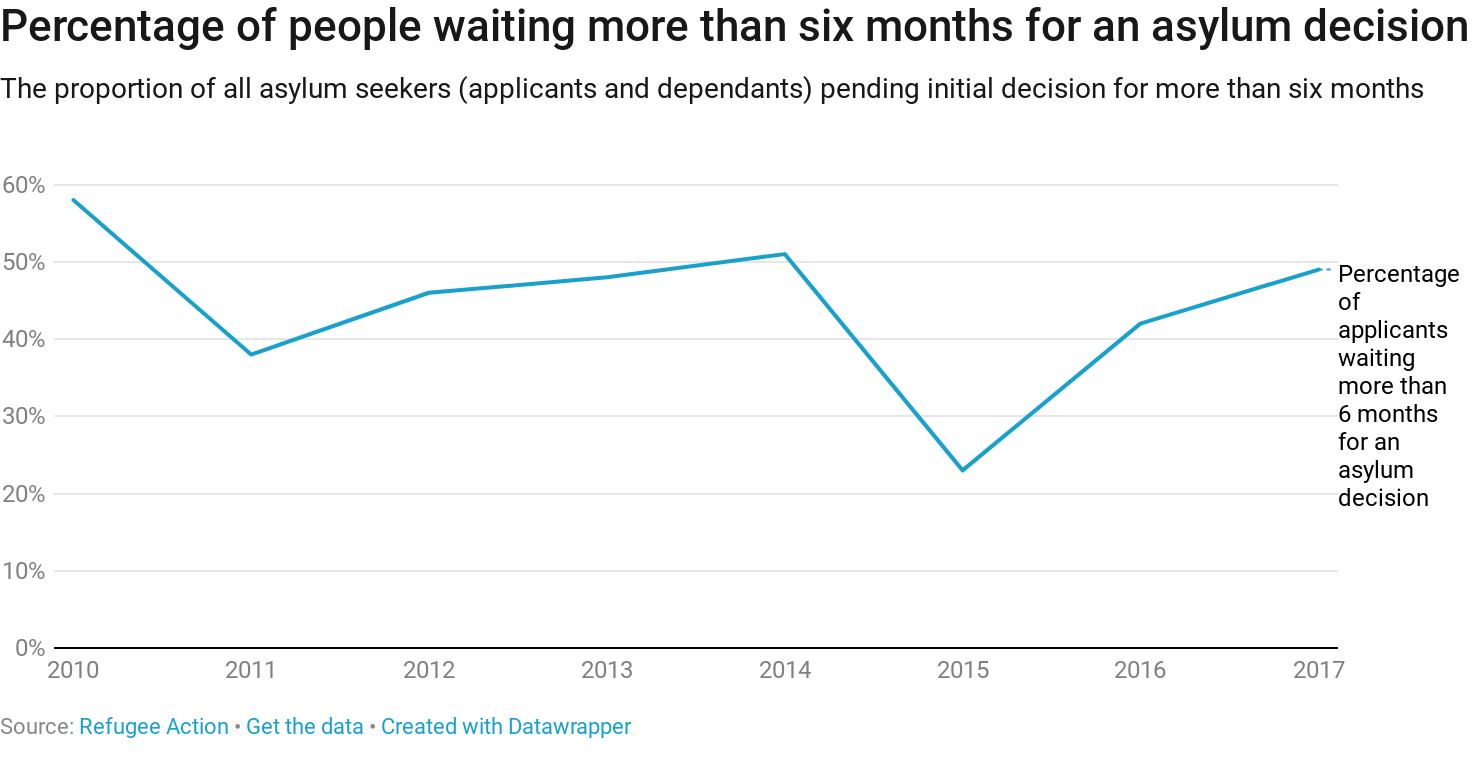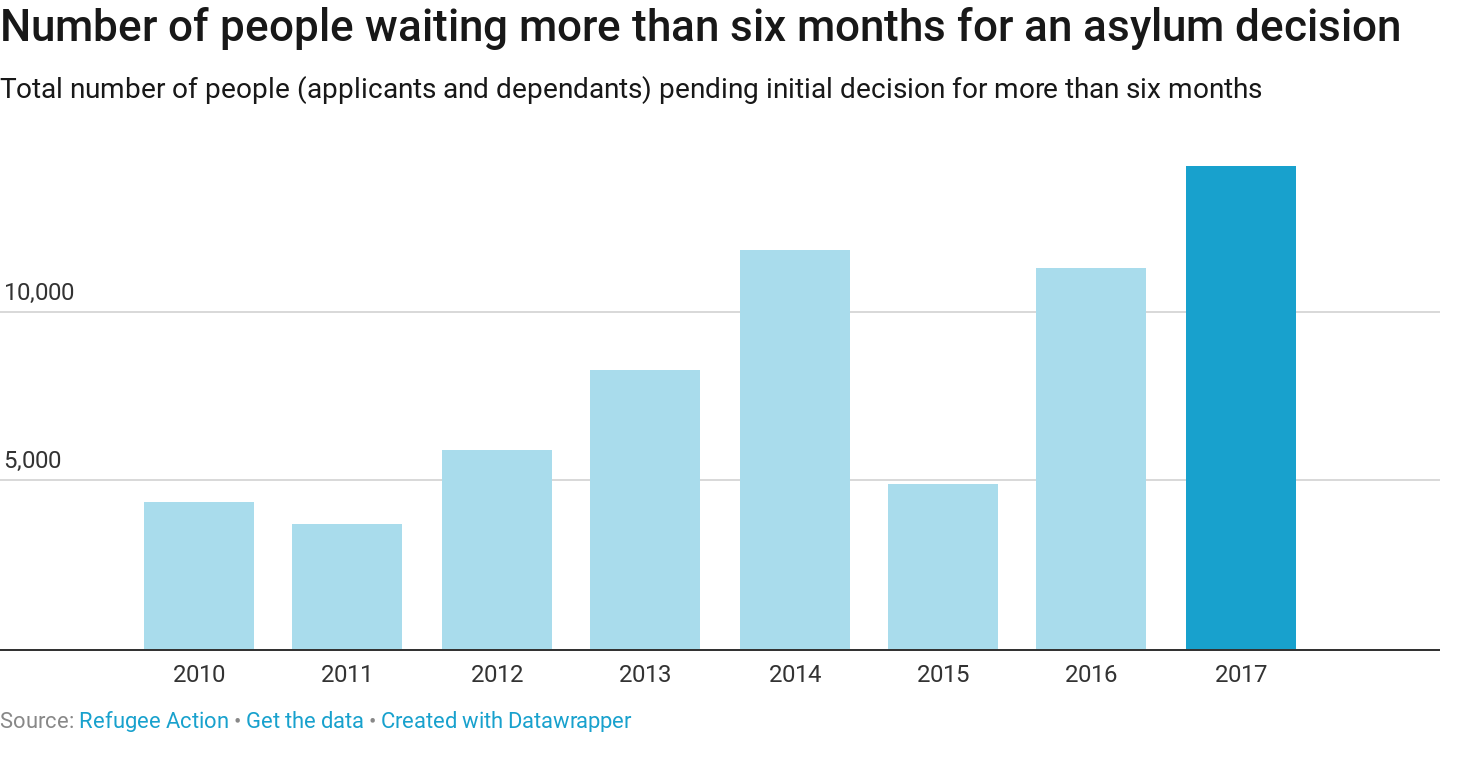
In light of the recent Windrush scandal, Maja Hilton evaluates her own status as a UK citizen . Pic: Maja Hilton
“I fear that there is a process, by which I could be stripped of my British nationality,” Maja Hilton, an ex-Lewisham councillor and naturalised immigrant from Eastern Europe, tells EastLondonLines.
“The circumstances are not likely, but should the situation arise, I probably wouldn’t have enough money to help myself. The Windrush scandal doesn’t give me confidence that our government has best intentions for this country and its citizens.”
Hilton has lived in Forest Hill since 1995, working, most recently, as Company Secretary and Financial Director for a UK distribution company.
Following the recent Windrush story, which saw Commonwealth citizens incorrectly deported, denied healthcare, and fired from their jobs, Hilton says she is re-evaluating her own status as a UK citizen.
According to the former Labour councillor, Windrush is not the only example of flawed government policy towards immigrants. The last two decades, she says, have created a ‘hostile environment’ for all those seeking refuge in Britain.
Echoing comments made by leading barristers, immigration experts, MPs and Lords, Hilton believes the system is hardest for those who come here in search of help.
A report released last week by Refugee Action evaluated the Home Office’s treatment of asylum seekers; highlighting numerous flaws in a process it claims is “damaging, dehumanising and disempowering those who rely on it”.
“Refugees are being forced to wait years for a decision on their asylum claim,” says Stephen Hale, chief executive of Refugee Action. According to his report, by the end of 2017, 14,306 people had waited longer than the Home Office’s target of six months for an asylum decision, a 25% increase on the previous year.

“Our research shows the huge stress and anxiety this is causing,” says Hale, “as people struggle to provide for their families and survive on little over £5 a day.”
At the time Hilton was applying for citizenship, asylum seekers “could work, study, and have legal aid while their cases were heard”. Today, she says, they are banned from all of these.
Forced below the poverty line, the homelessness and destitution experienced by members of the Windrush generation is a routine experience for those who come to Britain fleeing personal persecution or war.
“What message are we giving out to them in their time of need?” says Hilton, “Don’t work, live off air? How many are being detained in breach of regulations? How many of these are children?”
“This is devastating for people who could be using their skills and experiences to boost our economy and enrich our culture,” says Hale.

The report also revealed the number of wrongful deportation orders made by the Home Office. According to Refugee Action “over a third of appeals against asylum decisions were allowed, meaning that the Home Office’s decision to refuse somebody’s claim was deemed incorrect by the courts”.
For certain nationalities, this proportion was even higher, with over 50% of asylum seekers from Afghanistan, and 70% from Yemen, initially receiving an incorrect decision.
The Home Office defends itself, telling EastLondonLines that Refugee Action’s sample size is too small to be measured, saying: “The UK has a proud tradition of granting asylum to those who need our protection.
“[The Home Office is] committed to transforming the asylum system. We are modernising our processes and have established a new team to focus on more complex cases to make sure that they are decided faster.”
Hilton, however, claims issues lie not in inefficiency, but in attitude; and a guilty until proven innocent system. She says: “This fosters inhumanity, total lack of compassion and disbelief.”
Almost half of people seeking asylum in the UK wait over six months for a decision on their claim.
Many wait years.
Often living in destitution, they are left isolated and afraid. Tell your MP to reform asylum now: https://t.co/WlZROcQkKe pic.twitter.com/872A3eLQE6
— Refugee Action (@RefugeeAction) May 25, 2018
Recent discoveries, such as the Home Office’s contentious use of section 322(c) of the Immigration Act, have caused even prominent, highly skilled migrants to fear for their place in society.
Designed to tackle extreme criminality, section 322(c) allows the Home Office to immediately deny a visa request, and force a migrant out of the country in 14 days.
While intended for use against “threats to national security”, the paragraph can be used to refuse and deport immigrants deemed undesirable UK residents based on their “character and conduct”.
“Once something like this happens, you lose the right to work, and therefore the right to live,” says Hilton. “How long can you survive, let alone pay for legal defence (…) I don’t think it matters who you are, you can’t feel entirely safe.”
The fears of Hilton, and thousands of highly skilled migrants like her, are fuelled by stories like the former NHS director, found with a minor, legal tax discrepancy. Now £30,000 in debt to legal fees, she spends her evenings sitting in the living room with a packed suitcase, in case the Home Office comes knocking at the door.
“I am not sure if more are scared like I am,” says Hilton, “usually people don’t realise that legally they may be in a similar boat until it is too late. ”
“Recent events don’t give me confidence that our government have best intentions for the country and its citizens (…) I don’t even think it is racism, just the stupid attempt to deliver on their deportation targets in any way possible.
“I don’t think they have any regard for the individuals caught up in this.”
If you have been affected by any of the issues mentioned in this story, click here for local Lewisham immigration assistance, or here for the Council of Immigrant Welfare.




